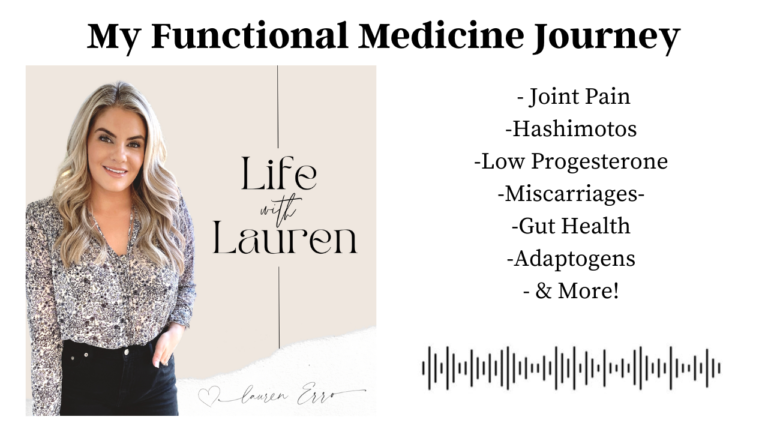The Differences Between Non-GMO and Organic Food
I’m always on the lookout for the healthiest food options available. These days, two terms that are frequently thrown around are “Non-GMO” and “Organic”. While both of these options are marketed as healthier and more sustainable compared to conventional foods, they are not interchangeable. In this post, I will be discussing the difference between Non-GMO and Organic food, their benefits, how to identify them, and some of the controversies surrounding these labels.
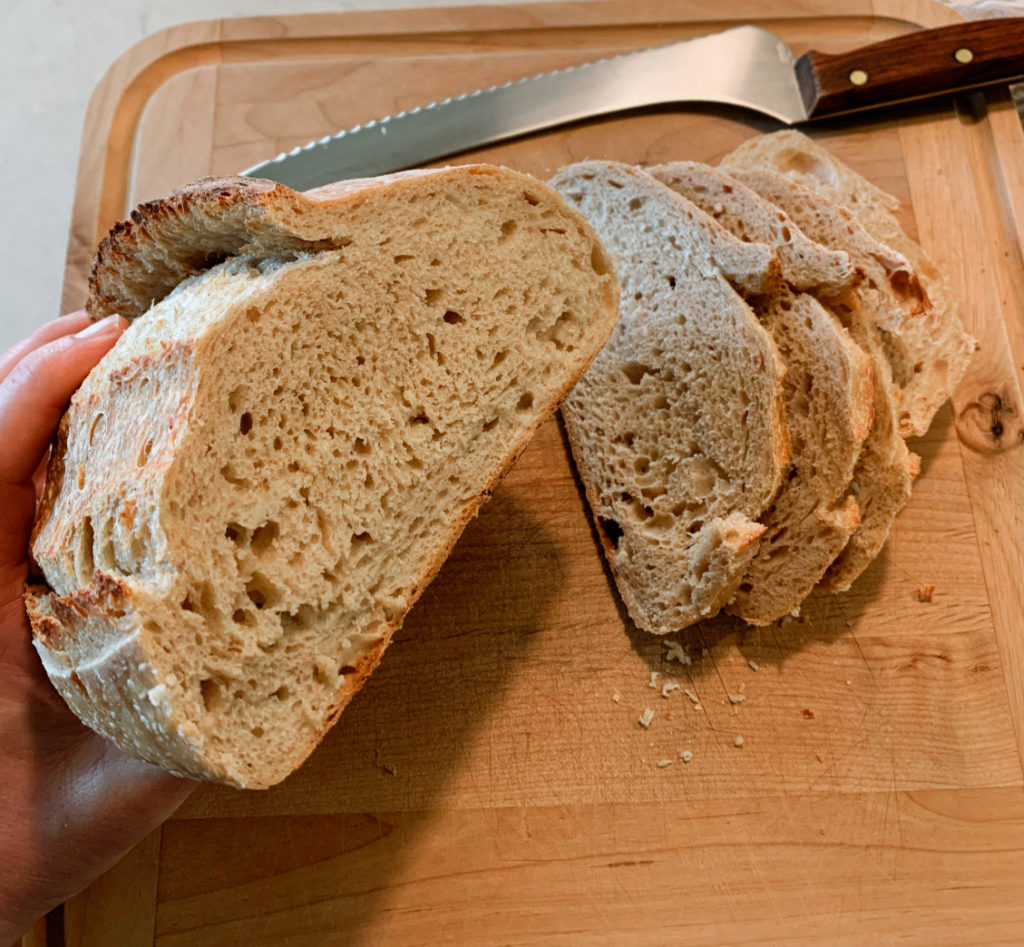
This site contains affiliate links, view the disclosure for more information.
I am currently doing the Elimination Diet for my functional medicine dr. and I was looking for healthy snack foods that I’m allowed to eat.
I went to Whole Foods thinking I’d have a really easy time finding these options but I was shocked. A lot of their foods weren’t Organic or Non- GMO, and many had seed oils which are being proven to be very toxic. On my diet, I can’t have Canola Oil, Soybean Oil, Cottonseed oil, etc. and I was surprised with how many “healthy” looking foods had these oils!
This is what spurred me to write this post. I found many of the chips I was looking at were either Organic with canola oil, or Non- GMO with avocado oil. It was shocking to me that none of the chips were Organic with avocado oil! I’m working on another post all about seed oils so if that’s interesting to you subscribe to my newsletter here.
Before we dive into the difference between Organic and Non- GMO food, let’s briefly touch on what Non-GMO and Organic foods are. Non-GMO foods are those that have not been genetically modified in any way. This means that the food’s DNA has not been altered in a lab to make it more resistant to pests, herbicides, or other environmental factors. Organic foods, on the other hand, are grown without the use of synthetic pesticides, fertilizers, and other harmful chemicals. Organic farming practices are designed to protect the environment and promote biodiversity.
What is Organic?
Organic foods are those that are grown or raised without the use of synthetic pesticides, fertilizers, or other harmful chemicals. Organic farming practices are designed to promote biodiversity and protect the environment. These farmers use natural methods to control pests and weeds, such as crop rotation and the use of natural predators. Organic animals are raised without the use of antibiotics or growth hormones.
I try to always buy organic foods because there are some really bad “potential health risks” associated with pesticides.
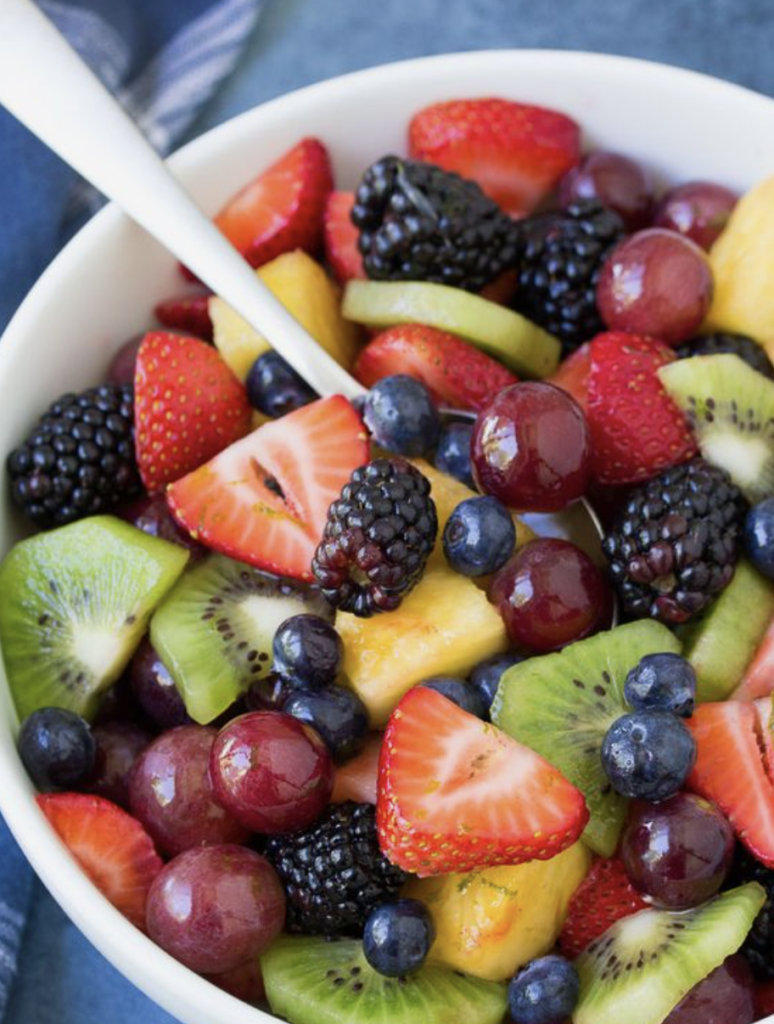
What is Non-GMO?
As mentioned earlier, Non-GMO foods are those that have not been genetically modified in any way. While genetic modification has been around for several decades, it has only been in the past few years that it has become a major concern for consumers. Genetic modification involves changing the DNA of a plant or animal to achieve a desired trait. For example, scientists can modify the DNA of a tomato plant to make it more resistant to pests or to increase its yield. While genetic modification can be used for good, there are concerns about the long-term effects of consuming genetically modified foods.
Non-GMO foods are becoming increasingly popular as people become more aware of the potential risks associated with consuming genetically modified foods. Some of the most common Non-GMO foods include fruits and vegetables, grains, and dairy products.
Differences between Organic and Non-GMO food
All organic foods are Non-GMO, but not all Non-GMO foods are organic.
Another key difference between the two is the way they are regulated. Non-GMO foods are not regulated in the same way as organic foods. While organic foods must meet strict guidelines set forth by the USDA, there are no federal regulations governing the labeling of Non-GMO foods. This means that companies can label their products as Non-GMO without any third-party verification.

Benefits of These Foods
Organic foods are considered to be healthier for consumption. Studies have shown that organic foods are higher in nutrients and lower in harmful chemicals compared to conventionally grown foods. Organic farming practices are also much more environmentally friendly.
One of the main benefits of Non-GMO foods is that they are considered to be “safer for consumption”. While the long-term effects of consuming genetically modified foods are still unknown, there are concerns about their potential health risks. Non-GMO foods are also considered to be more environmentally friendly, as they do not require the use of synthetic chemicals.

Food labeling
The labels are the easiest way to identify the difference between Organic and NON- GMO food. While the labeling of Non-GMO and Organic foods is intended to help consumers make more informed choices, there are some concerns about the accuracy of these labels. There are no federal regulations governing the labeling of Non-GMO foods, which means that companies can label their products as Non-GMO without any third-party verification.
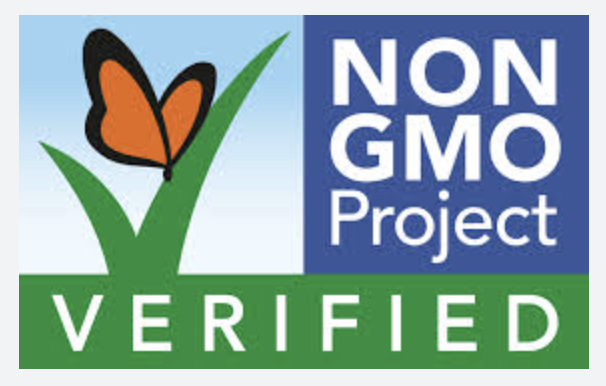
Similarly, there are concerns about the accuracy of Organic labels. While the USDA sets strict guidelines for organic certification, there have been cases of companies mislabeling their products as organic. To ensure that you are purchasing truly organic products, look for products that are labeled as “USDA Organic” or that bear the USDA Organic seal.
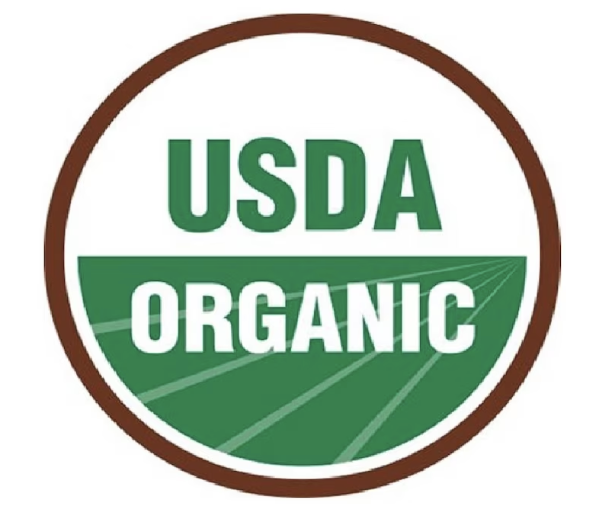
Which foods should you definitely buy Organic?
There’s a list called the “Dirty Dozen” of the foods with the most pesticides used while growing them. You DEFINITELY want to buy these as Organic – not Non- GMO, or neither. They claim this list changes from year to year but I try to buy everything organic because any pesticide is bad, in my opinion. Plus, when you eat out the food is definitely not organic and it is likely cooked in canola oil (unless the restaurant specifies, which is rare). Something to add to this list is wheat and oats. They are extremely toxic if they aren’t organic. They spray the wheat with pesticides right before they harvest it to get it to all bloom at the same time. Basically giving the consumer a fresh dose of pesticides. I’m convinced this is why so many people are gluten intolerant and have gut issues.
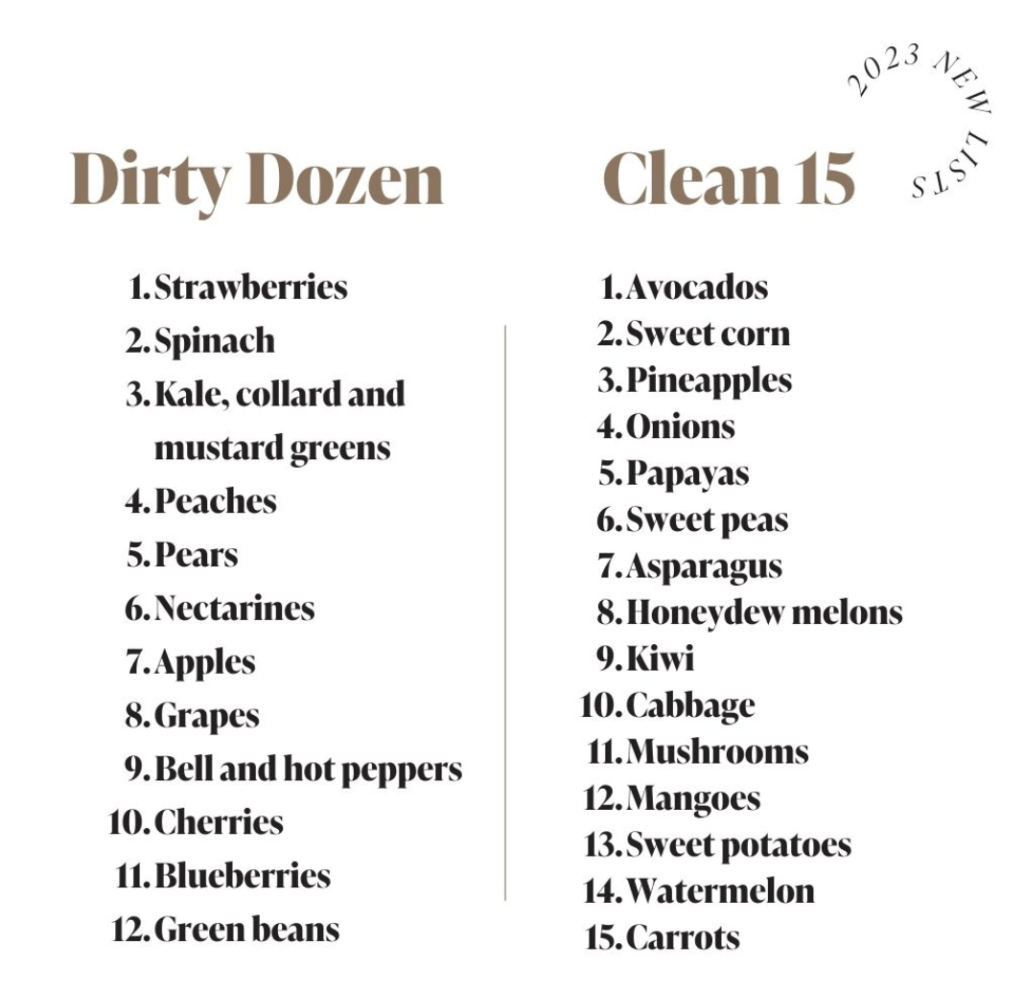
Where to buy the best Organic or Non- GMO Foods?
I mainly shop at Trader Joe’s because they have really strict guidelines to what they allow to be sold in their stores. Their products contain NO artificial flavors, artificial preservatives, MSG, added trans fats, dairy ingredients from rBST sources, or genetically modified ingredients. Their products also contain colors derived only from naturally available products- meaning no food dye! This is amazing because so much info is coming out about how horrible food dye is!
Other healthy food stores are Costco, Sprouts, Jimbos, Whole Foods, and if you can’t find anything near you try Thrive Market. I heard Aldi is good too! It really depends on where you live because the Kroger near me has minimal organic options but Publix has a lot… It takes some time to learn where to shop and what to look out for but once you get the hang of it it’s really not bad!

Now you know the difference between Non-GMO and Organic Food… I hope this post was helpful!
xx,
Lauren
If you’re looking for more healthy swaps check out this post about my clean dental routine!





